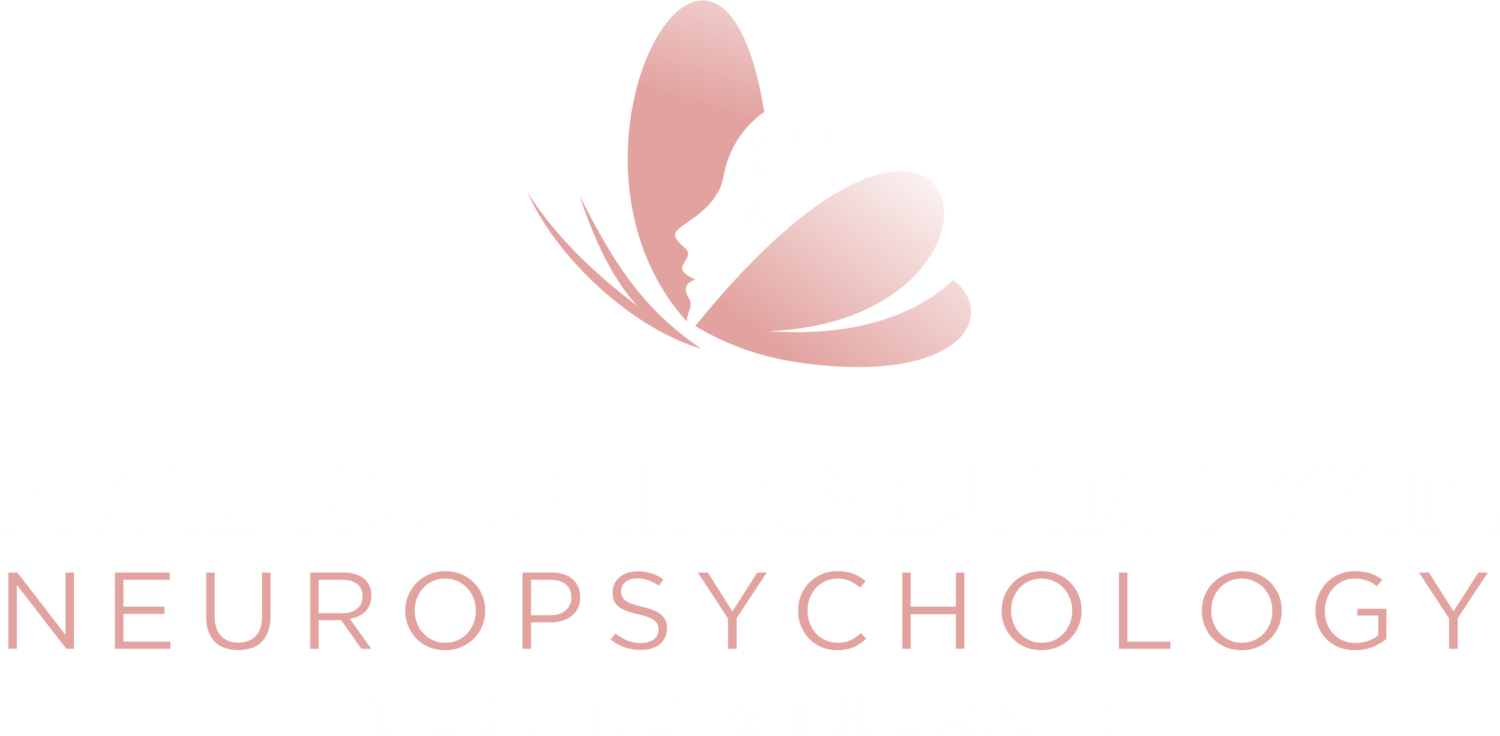Mindful Parenting
In our typically busy lives, when we are focused on accomplishing our to-do list, we often do not think about how we relate to our children and their needs. It’s easy to fall into this habit; after all, in the light of COVID-19, we are juggling working from home while teaching our children via distance learning, being a tutor and a playmate for our kids, we have grocery stops to make, food to cook, routines to maintain, and a plethora of other responsibilities. This mode of “doing” rather than “being” is often inevitable, and can unintentionally lead us to lose sight of our best intentions to parent well.
By cultivating awareness of the present moment, without distraction or preoccupation, we can understand what our children are feeling. Only then can we be deeply attuned. Mindful parenting is a way for parents to be fully present in the here-and-now with their child in a non-judgmental way. It also means engaging in self-care as this is fundamental for parenting, and the important component behind answering rather than reacting to challenging behavior of your child (Van der Oord, Bogels, Peijnenburg, 2012). I know it sounds paradoxical and almost unnatural to stay calm amid panic or frustration. However, in actuality, you save time when you make time to keep calm and be attuned to your child’s needs during a meltdown.
One method of getting to calm is pausing, breathing, and observing your emotions instead of reacting. For example, one breathing technique to use includes inhaling over the count of four seconds, hold your breath for four seconds, exhale over four seconds, rest for four seconds. Keep a visual image in your mind as if you are drawing a square (Kastner, 2015). Even though you may think, “my child is infuriating me! I don’t have time for this! Ugh, I need my child to stop right now!” when you have another demanding agenda, your child’s meltdown resolves more quickly if you patiently prioritize the calming, accepting, and processing of emotions (Kastner, 2015), with the added benefit of increasing the parent-child interaction. Your breath will help you put space between your feeling and reaction, which then fosters the process of tapping into problem-solving mode and thus allows you to parent as well as you can at that moment. Remember, you are human and doing the best that you can. Give yourself permission to love yourself and take time to engage in self-care in addition to taking a break, breathing, pausing, and then responding in the midst of disarray.
